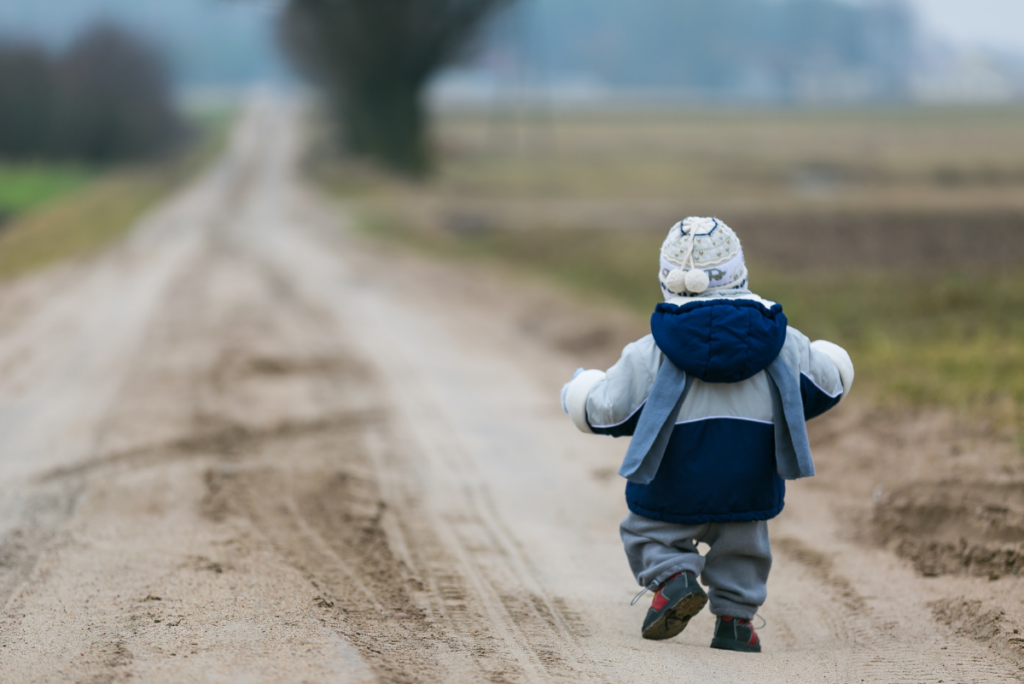
A core foundation in all human beings is self-regulation. Researchers define self-regulation in toddlers as managing feelings and thoughts to enable goals through action. Across our lifespans, self-regulation determines our social, emotional, and physical health and our educational and economic worth.
An example of self-regulation in toddlers is coping with overwhelming feelings so their emotions don’t negatively impact them. Teaching toddlers to focus and shift attention and control their behavior goes far in maintaining healthy relationships and accomplishing goals.
Research shows that early childhood is an ideal time to support self-regulation in toddlers, and doing so is an investment in their success. Self-regulation in toddlers means better school performance, healthier relationships with family, teachers, and other children, and fewer outbursts and behavioral challenges.
Proactive Self-Regulation in Toddlers
Many factors contribute to self-regulation in toddlers, including biological predisposition, care after birth, and home environment. While nature sets the stage for self-regulation in toddlers, nurturing is the primary factor from early childhood to young adulthood.
A child’s brain at infancy is wired to support self-regulation. As babies develop, this capacity increases rapidly. Think of self-regulation in toddlers in the same way as learning to speak or read—young children flourish in learning environments where they are exposed to instruction materials and supported to learn.
Taking a proactive approach to self-regulation in toddlers is very similar. In a supportive and proactive emotional environment, children who are instructed and coached in self-regulation learn these positive behaviors in the same way they learn to speak and read.
Differences in Self-Regulations in Toddlers
Research shows that children learn differently, so the best way to support toddlers’ self-regulation is to understand and help their learning style. Some children are more sensitive or more temperamental and easily overwhelmed. Other children face environmental stressors that will affect their abilities.
When support and intervention methods align with a child’s needs, they can build skills and manage their feelings, behaviors, and thoughts.
Creating an Environment for Self-Regulations in Toddlers
Parents and caregivers who create a responsive environment help children to learn self-respect. When children are comforted and supported during stressful times, they develop confidence in their environment and themselves.
Developing positive relationships in these environments allow toddlers to practice self-regulation and learn from their mistakes. A consistent routine provides even greater security to children. With clear goals, self-regulation in toddlers is an even greater success.
